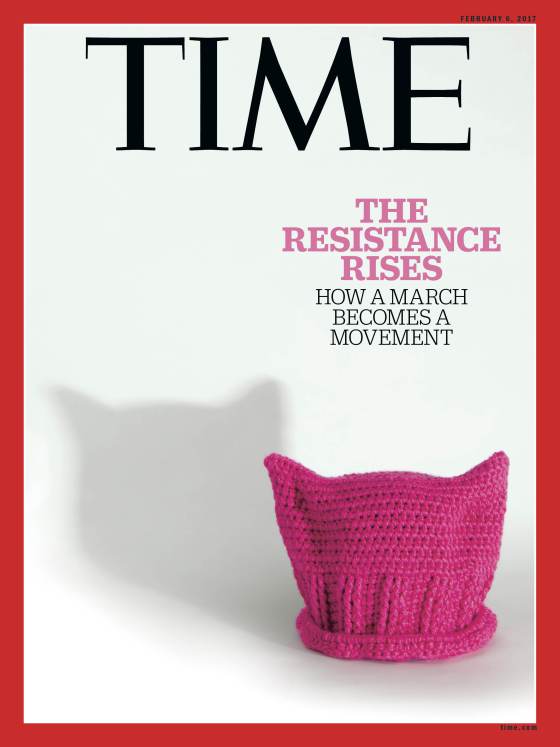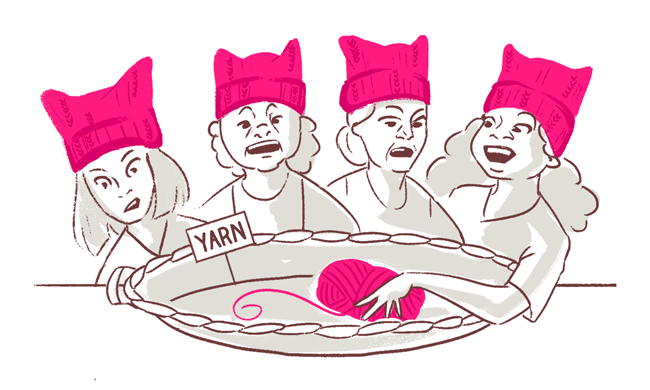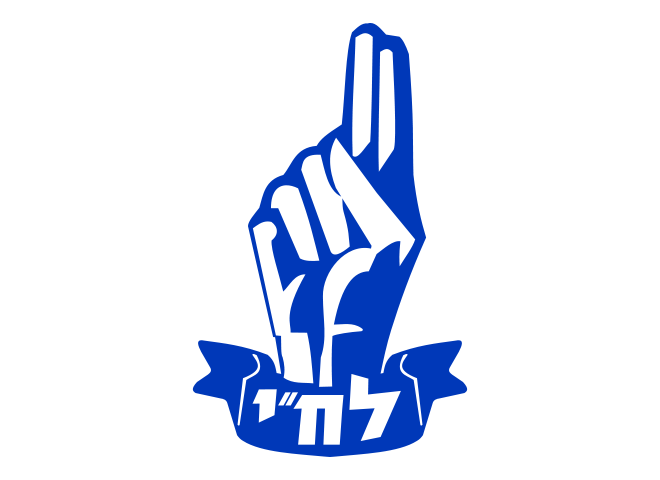
On the eve of the Women’s March in Washington last year (the first one, for those counting), I found myself in the very conundrum that the picture below depicts. As a knitter, I just assumed that I could go to my local yarn shop a couple of days in advance of my city’s march and pick up some pink yarn to make my pussy hat. This didn’t seem like an unrealistic expectation, since, after all, there’s usually plenty of pink yarn sitting around when I’m there buying the more neutral shades that usually populate my closet. But on this particular weekend, it seemed that many others in the city had the same idea — there was virtually no pink yarn in sight.

Indeed, from all appearances, the Women’s March was an important kickoff moment in a renewed wave of advocacy in the United States addressing many issues, gender bias among them, and it was motivated by the concerns of large groups of American women who have grown increasingly fearful about their social and legal standing in a Trump presidency. As we know, the march was followed by a series of other activist moments; most recently, the #metoo phenomenon has led to the widespread toppling of many powerful American men whose power and success was at least partially built on misogyny (presidents notwithstanding). Continue reading “It’s the End of the World As We Know It…”

